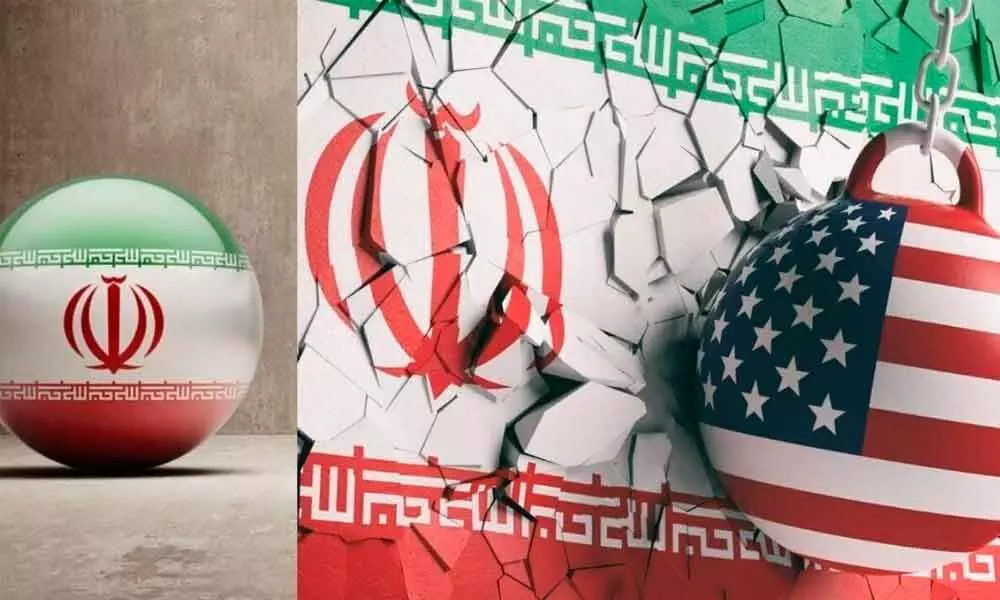How Biden can save Iranian economy
He can support Iran's access to multilateral credit from IMF
image for illustrative purpose

After the assassination of its top nuclear scientist last week, the leadership of the Islamic Republic is expected to hold off domestic pressures for retribution, and instead hold out for some consideration from the incoming administration of President-elect Joe Biden. The regime knows any retaliatory strike - whether directly against Israel, which it blames for Mohsen Fakhrizadeh's killing, or more symbolically against American or Arab targets - will greatly complicate its efforts to get out of the straitjacket imposed by President Donald Trump's "maximum pressure" campaign.
Iran desperately needs access to money to shore up an economy devastated by the combined effect of Trump's sanctions and the pandemic. For Tehran, the immediate access to capital is a precondition for any negotiations with the new dispensation in Washington. Biden, for all that he wants a return to diplomacy, can loosen the straps only so much: His own hands are tied by strong opposition at home and pressure from American allies in the Middle East.
The best he can do in the short term is encourage Iran's access to multilateral credit - specifically, from the International Monetary Fund. Opposition from the Trump administration prevented Tehran from getting the roughly $1.5 billion in Special Drawing Rights (SDR) to which it is entitled as a member-nation, and a $5 billion line of credit to fight the pandemic. By signaling its encouragement, Biden would give the government of President Hassan Rouhani a chance to save the Iranian economy from the immediate danger of hyperinflation.
In turn, it would give Rouhani an opportunity to demonstrate, to the US and the world, that it can use external finance for government spending that serves its people, rather than line the pockets of the Islamic Revolutionary Guard Corps and its extractive businesses and foreign activities.
The government will then have until the presidential election next June to demonstrate competence and a growth agenda to voters. This might just give any reformists who aspire to succeed Rouhani a chance to compete with the militarized economic model of the hard-liners in presidential politics. For a reformist agenda to have any chance of gaining traction at the ballot booth, the government must also start to rein in corruption and limit financial lifelines to the IRGC, and to privilege ordinary Iranian citizens instead.
It should start with a tighter monetary policy, and more forcefully regulate the stock market and the Iranian banking sector, specifically around contracting to companies connected to the military. An effort to provide stimulus to independent small- and medium-sized businesses would be the smartest way to favor citizens over the IRGC.
This would also address the concerns of those who oppose financial aid to the Iranian regime on the grounds that the funds would be used, not for public health or to support economic activity at home, but to finance nefarious activities abroad, including proxy militias and terrorist groups across the Middle East.(Bloomberg)
(The author of the story Karen E Young can be contacted at [email protected])

